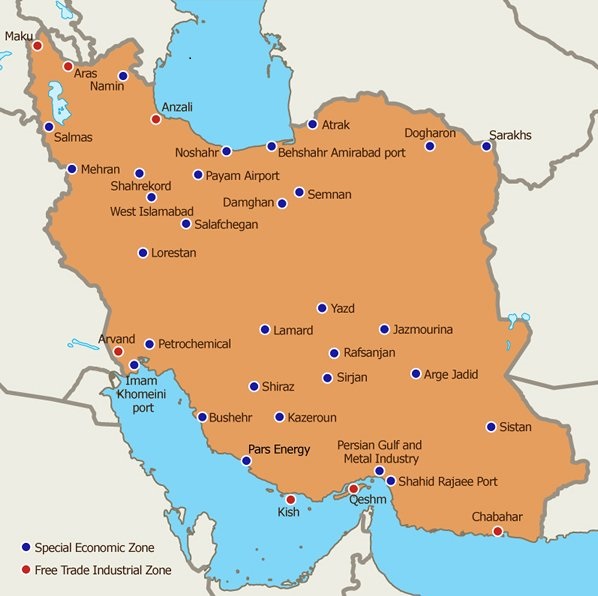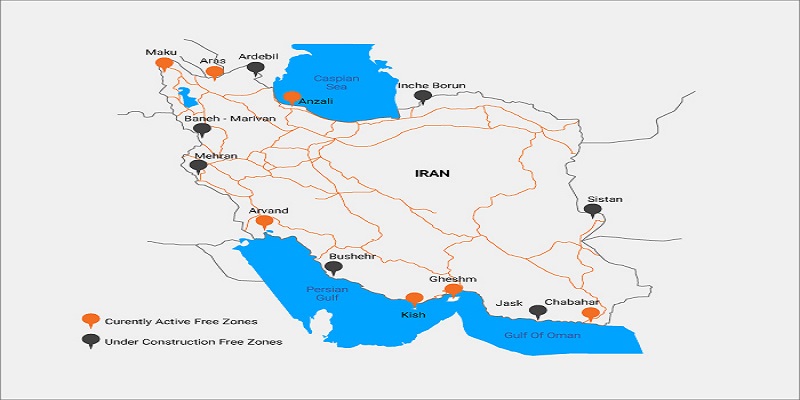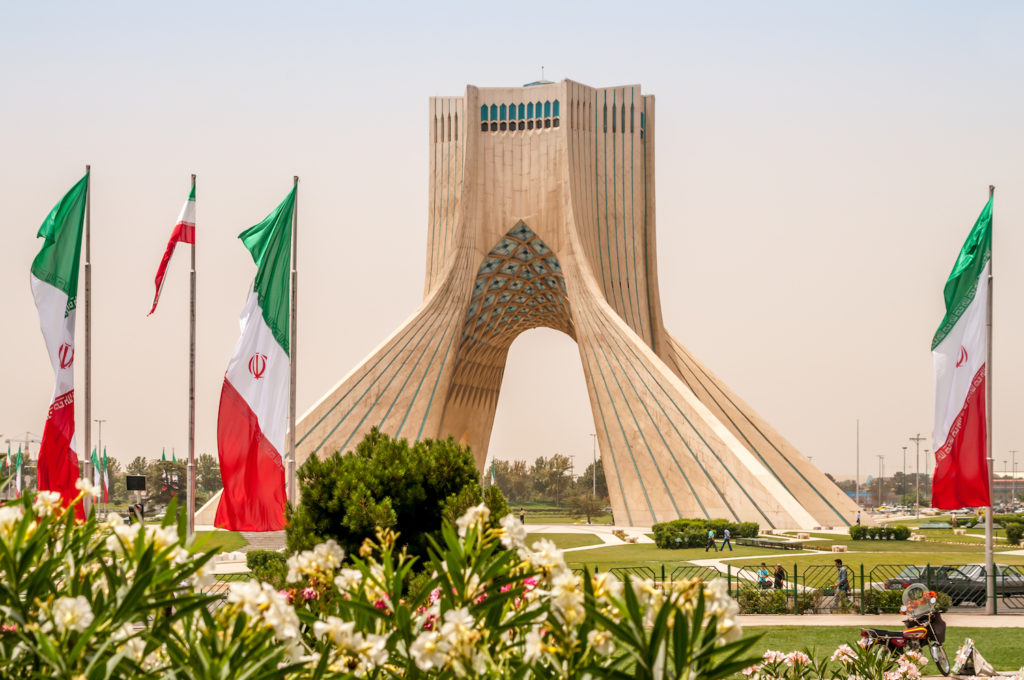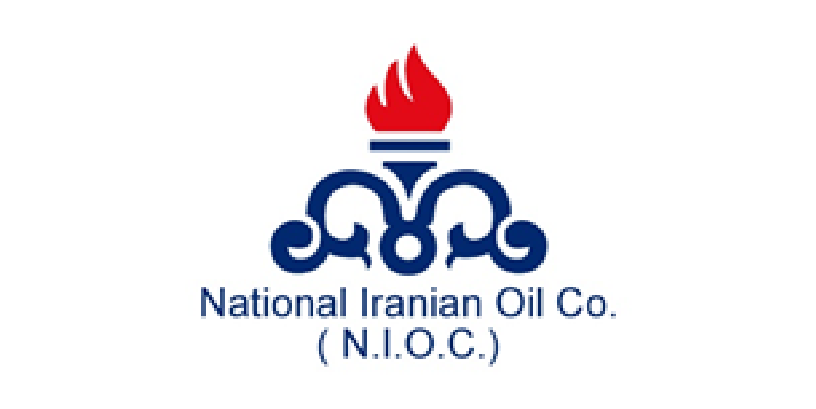Joint venture and its types
Joint ventures are frequently used in the world of foreign investment and that is mostly due to the benefits that it brings about and also the fact that investing via joint ventures decreases risks in investment and costs of investing. Under Iranian law, there is no explicit reference to how joint venture contracts should be regulated. Due to this fact, parties who wish to engage in a joint venture must turn to the general principles of contract law existent in Iran. Joint ventures can be established in all areas and markets of the private sector in Iran, but certain areas are exempt from this, as they are reserved only for the state. They include areas of the main telecommunication network, main mail services, and activities in the oil and gas sectors. There are two main types of joint ventures that are used as a successful collaboration tool between foreign investors and their Iranian counterparts. Those are contractual joint ventures and corporate joint ventures. Joint ventures are subject to two sets of rules, those being: contractual rules, included in the joint venture agreement, shareholder’s agreement, articles of association, etc., and rules that are prescribed by the acts and regulations and by-laws of Iran. When undertaking to start a partnership, both the Iranian and foreign counterparts must accept the fact that their commercial activities will be subject to the mandatory laws of commercial operations in Iran. After this, the parties must put together their properties. Foreign partners will have to transfer their capital to Iran, this will be combined with the Capital of the Iranian partner.
Contractual joint venture
Contractual joint ventures are regulated by article 573 of the Iranian civil code, and under this article, the joint venture will be construed as a voluntary partnership. When entering into a contractual joint venture, the foreign investor and the Iranian counterpart must establish a partnership between themselves via a contract. The parties must carefully identify the purpose of the joint venture in their contract, clarify the subject of the joint venture, the requirements that are needed for its performance, and the economic and geographical scope. The joint venture agreement created and agreed upon between the parties must primarily be in Farsi, as this is the official language of Iran. As joint ventures involve a foreign investor, the documents and agreements are drafted in bilingual format. The agreement that is initially looked at is the agreement that the parties have formed between themselves, known as the joint venture agreement. This has been said to be known as the “blueprint” and this has to be drafted with extensive detail and caution to avoid any problems arising between the parties. Two main points should be highlighted carefully in this agreement, those being: i) information sharing through the transfer of technology or training and so on, ii) mechanisms denied and devised by the parties to ensure their effective collaboration in the framework of the projects to be carried out jointly by them.
Corporate joint ventures
Corporate joint ventures are governed by Iranian corporate law, mainly by the Iranian Commercial Code. All corporate matters are governed via this law, matters such as the name of the company, capital, head office, shareholders, types of shares, general meetings, etc. The parties to the corporate joint venture have the decision to choose between a suitable corporate form such as Joint Stock Company, Limited Liability Company, limited partnership, and general partnership. The leading corporate structures in Iran are Joint Stock Companies and Limited Liability Companies. After the decision about the corporate structure has been made, the joint venture must be registered before the Corporate Registration Bureau. When this is done, the corporate joint venture obtains legal personality. If it is decided that the joint venture will undertake certain other activities, then those must be registered as well. Activities such as engaging in import and export, then registration must be made with the Ministry of Industry, Mine, and Trade to obtain the permits needed. The partners to the corporate joint venture will all hold a specific percentage of the shares in the corporation and therefore, thus recognizing them as the shareholders and The corporate will be responsible for the implementation of projects that are subject to the joint venture. In the first tier of the corporation, the shareholders are situated. These shareholders must hold general meetings to discuss overall policies and strategies for the corporation. In the second tier of the corporation, the board of directors sits, and they will be responsible for managerial decisions. At the top tier, the managing director will sit, and the managing director will be responsible for the day-to-day activities and management of the corporation. In terms of profit sharing, the partners to the corporate joint venture must evaluate the proportion of shares each has and according to those shares, a share in profits and losses can be calculated. Corporate joint ventures come to an end the day the company goes into liquidation. The life span of the joint venture is thus dependent on this factor.
Bayan Emrooz Law Firm renders services to foreign and Iranian natural and legal entities in the field of contract law, including consulting, for setting up a joint venture contract. Having an experienced and specialized legal staff, Bayan Emrooz is ready to provide the needed legal services in respect to investment and JV’s, sale and purchase following Incoterms, exclusive and non-exclusive agency, distributorship, technology transfer, license, franchise, turn-key, buy-back, finance, consultancy services, service contracts, EPC, transportation and logistics, insurance, MOUs, LOIs, etc. in Iran.










